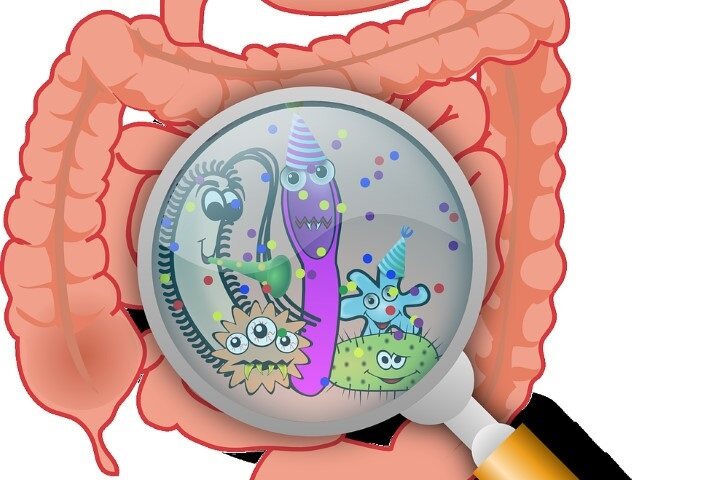IRDs treatable with antimicrobials?
Harmful gut bacteria found in the retinas of mice with certain inherited retinal diseases (IRDs) were treated with antimicrobials, preventing vision loss, reported the authors of a UK-Chinese study.
Researchers from Moorfields, University College London and China’s Zhongshan Ophthalmic Centre investigated Crumbs homolog 1 (CRB1), associated with Leber congenital amaurosis (LCA) and retinitis pigmentosa (RP). Decreased CRB1 expression compromised intestinal and retinal integrity, allowing gut bacteria to migrate to the eye causing secondary retinal degeneration and vision loss. In their mouse model, however, antibiotics prevented that damage, despite the eyes’ affected cell barriers not being repaired, they said.
These findings could have huge implications for transforming treatment for CRB1-associated eye diseases, said co-lead author Professor Richard Lee. “We hope to continue this research in clinical studies to confirm if this mechanism is indeed the cause of blindness in people and whether treatments targeting bacteria could prevent blindness.”
The research, which was published in Cell, may also have implications for a broader spectrum of eye conditions, which the team also hopes to explore, he said.


























